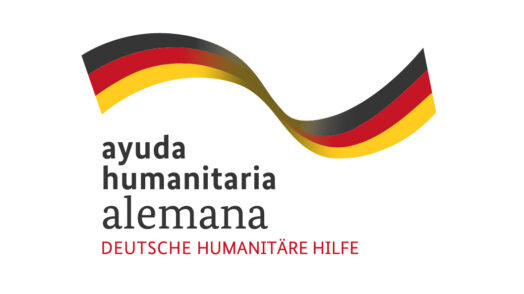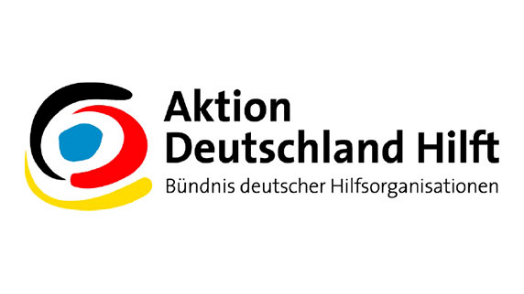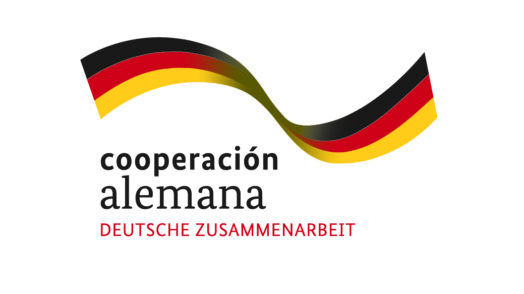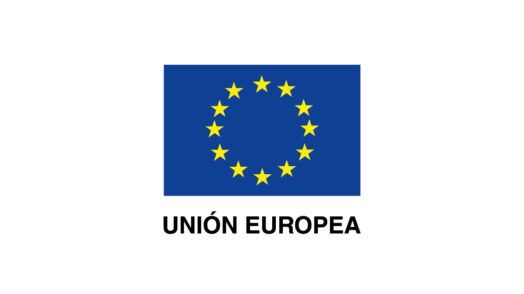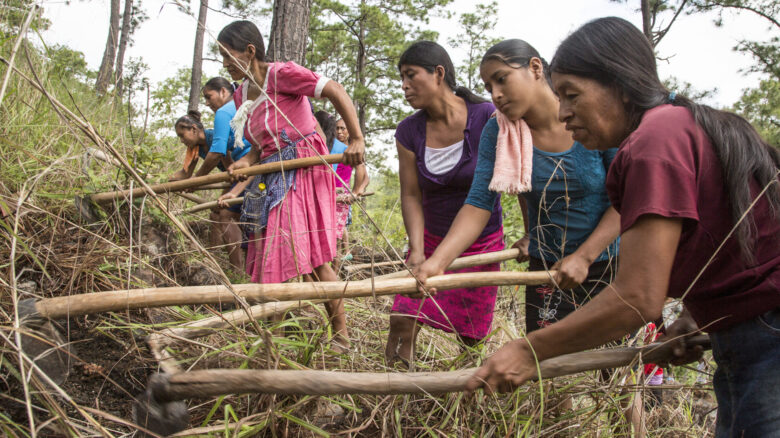
We help here and now: 100 years of ASB foreign aid
ASB foreign aid celebrates its 100th anniversary today, November 4. Exactly a century ago, the Arbeiter-Samariter-Bund's first foreign mission began: ASB was involved in delivering emergency supplies and sending paramedics to Russia, where famine was spreading in 1921 and diseases such as cholera were on the rise.
ASB foreign aid celebrates its 100th anniversary today, November 4. Exactly a century ago, the first foreign mission of the Arbeiter-Samariter-Bund began: ASB took part in delivering emergency supplies and sending paramedics to Russia, where famine was spreading in 1921 and diseases such as cholera were on the rise. ASB joined the appeal of the General Federation of German Trade Unions and made a plea for solidarity "with the suffering Russian brother workers," only three years after the end of World War I, in which Germany and Russia had faced each other as enemies. Even then, ASB's help was directed to all people, regardless of their political, ethnic, national or religious affiliation, both at home and on humanitarian aid missions abroad.
Other milestones of ASB's foreign aid were the relief mission in the Balkans in 1991 and missions following the tsunami in Southeast Asia in 2004 and the severe earthquakes in Haiti in 2010, aid to Syrian refugees in northern Iraq, support for internally displaced persons in Ukraine and humanitarian aid projects for refugees and residents in Niger.
Today, ASB's foreign aid is active in over 30 countries together with partner organizations. ASB supplies safe drinking water to people living in disaster areas around the world, trains the people of Indonesia in disaster preparedness or supports the people of Central America by preparing them to adapt to the consequences of climate change with specialized seeds. In addition, the WHO-certified FAST (First Assistance Samaritan Team) is the rapid response team for overseas missions and provides effective basic medical care in the event of a disaster.
ASB pursues a sustainable and inclusive approach in foreign aid. Knut Fleckenstein, ASB's Federal President, states: "Since its inception, ASB's foreign aid has been characterized by three things: We include particularly vulnerable groups, such as the older adults and persons with disabilities, provide support for self-reliance, and contribute to the sustainable fight against poverty. In addition, we help with adaptation to climate impact and provide people with training in disaster risk reduction so that they can better protect themselves against natural disasters."
In addition, Fleckenstein mentioned two priorities: the continuation of aid to the Western Balkans and the maritime rescue of refugees in the Mediterranean. "In the Western Balkans, ASB will continue to support the development of social services, e.g. outpatient services. We will also advise political representatives in the region on how they can build sustainable social systems. In addition, ASB will continue to support housing projects in the Western Balkans for the marginalized Romani and Sinti group," Fleckenstein said. "In refugee policy, ASB is involved in a triad. We will continue to contribute with projects to combat the causes of fleeing the countries of origin. In addition, we support the maritime rescue of refugees in the Mediterranean and at the national level we will continue to care for people who have had to flee their homes."

